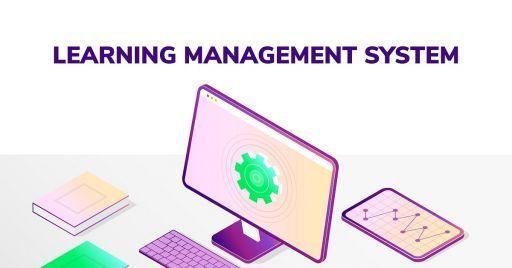

Better a cloud or local LMS?
Let's discover the differences and features of the two main LMS models: cloud and local. Which is the best for your company?
Better a cloud or local LMS?
Let's discover the differences and features of the two main LMS models: cloud and local. Which is the best for your company?
An LMS (acronym for Learning Management System) is a training management system that allows you to deliver and manage online courses. The most comprehensive LMS systems, such as DynDevice LMS, can include tools for tracking student activity, statistical analysis, community management, course e-commerce, etc.
An LMS is therefore a useful tool for companies of any sector and size, both those that use it for internal training of their employees and those that make training their core business and use the LMS to create and/or sell courses to their customers.
Choosing the LMS platform that best suits your needs is, however, a process that is far from simple, time consuming and requires the right amount of information.
The first choice you will have to make is between a local LMS or a cloud LMS. But what are the differences between these two options and how to choose the best one for your company?
The main difference is that the cloud LMS is hosted on the provider's servers and offered as a service, while the local LMS (also called "LMS self-hosted" or "LMS on premise") is software that you purchase and install on your company's servers. These two types of LMS offer completely different user experiences and are suitable for different budgets and objectives. Let's look in more detail at the pros and cons of both solutions.
Cloud LMS and local LMS: differences and features
Installation
A local LMS requires the installation of software on your computer, both for the management of the administration panel and for the user's use of the courses. This implies the need for a solid IT infrastructure and dedicated IT staff to supervise the installation.
A cloud-based LMS, on the other hand, is located on remote servers and does not require the installation of specific software. To use it, simply connect to the Internet and access the platform via your credentials.
Accessibility
Since software installation is required, a local LMS platform is only accessible via the specific device on which it is installed.
An LMS in the cloud, on the contrary, is accessible through any device connected to the Internet. This means that students, teachers and administrators can access the platform anywhere and at any time, either, administrator side, to create and edit teaching materials or, user side, to take advantage of the courses.
Updates and maintenance
The updating and maintenance of a local LMS are the responsibility of the company that buys the software, which will then have to manage malfunctions and resolve any critical issues. It will be the only responsible for the proper functioning of the platform and will have to take care of hardware and software maintenance, data backup and recovery in case of failures. This, of course, requires specific know-how that not all companies have.
In the case of a cloud-based LMS, however, it is the manufacturer of the platform that is responsible for keeping the system up to date and ensuring its operation on all devices and browsers. So you won't need internal IT support and you won't have to worry about any technical aspects. If you opt for this solution, make sure you select a reliable provider that offers you not only an excellent product, but also excellent technical support.
Privacy and data security
With a local learning management system, you are the owner of the database and shared information (user records, company data, etc.). Sensitive data remains within the company and no third party will have access to your information. A local LMS system is therefore particularly suitable for companies that require the data to reside on a server within the organization and not managed by third parties. However, it is important to bear in mind that in the event of a server failure it will be your responsibility to recover the data and restore it, if this is possible.
Although it is generally believed that cloud-based eLearning platforms are more vulnerable than locally hosted platforms, this is not always true, as much depends on the reliability of the cloud service provider. Most good cloud LMSs offer high security due to their architecture and adherence to specific security protocols.
Translated with www.DeepL.com/Translator